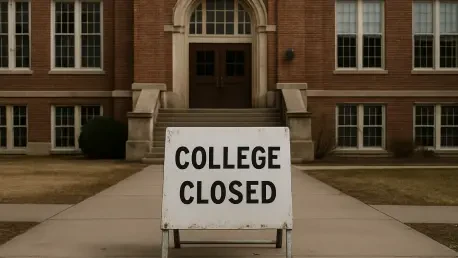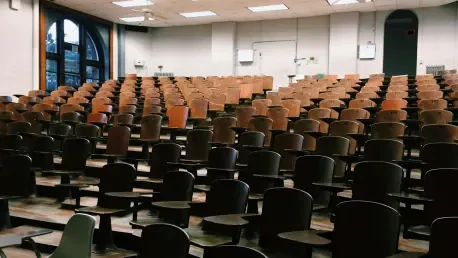
Hampshire College, once a celebrated comeback story in the embattled world of American higher education, now finds itself teetering on a financial precipice where a mountain of debt threatens to bring its bold academic experiment to an abrupt end for a second time. After narrowly escaping closure

The financial landscape for public universities is becoming increasingly precarious, marked by declining enrollment and significant budget shortfalls. At the center of this storm are the complex relationships between university administrations, faculty unions, and the collective bargaining

In the intricate and ever-evolving world of K-12 education, the most impactful school leaders have moved beyond the traditional role of managers and are now acting as the chief architects of their learning communities. The blueprint for success in the current educational climate is not found in a

A Looming Brain Drain: America's Scientific Talent on the Brink For decades, the United States has been a global beacon for scientific talent, attracting the world's brightest minds to its prestigious universities and research institutions. This magnetic pull, however, is now under threat. A

With the recent launch of Texas’s “Students First” portal, the landscape of public higher education in the state is facing a seismic shift. This new system, designed to enforce recent legislation targeting diversity initiatives and faculty governance, has created a direct pipeline for complaints to

While the link between smaller class sizes and improved student outcomes has long been established in educational research, a new initiative is tackling the persistent reality that reducing classroom populations is not a feasible solution for many public school systems facing budget constraints and